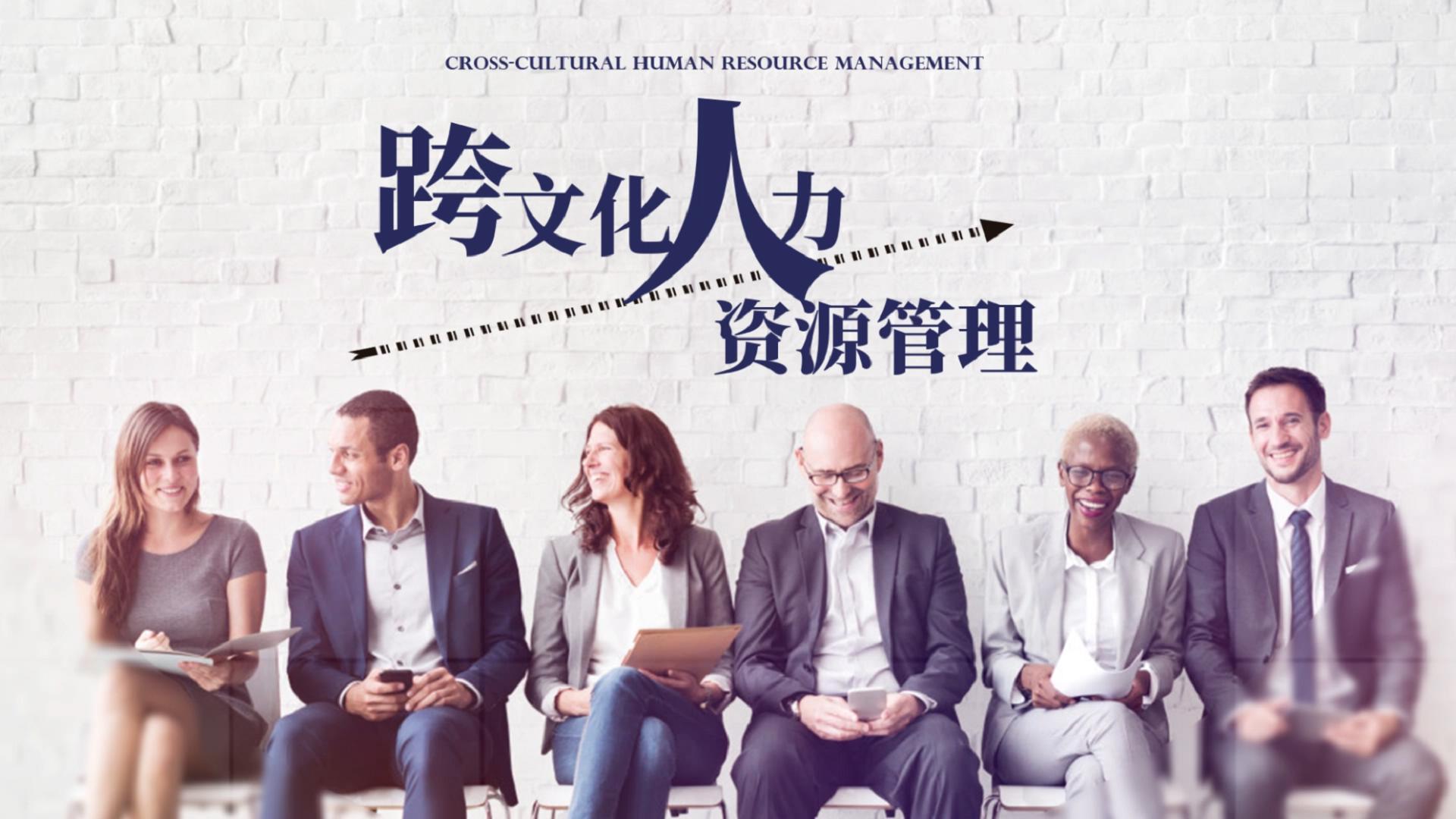第四章测试1.which of the following is not the step of the selection of expatriates?
A:the decision should be granted by the committee B:assessment centers C:evaluate the candidate’s personal traits D:face to face interview
答案:D
2. could be traditional called “temporaries” hired from an agency, leased or rented managers or specialists, or a whole task or project completed by an external firm?
A:Parent-country nationals B:Host-country nationals C:Domestic internationalists D:Outsourced employees 3.Which of the following is the traditional types of international employees?
A:third-country nationals B:employees on long-term or short-term business trips on foreign postings C:international commuters D:domestic internationalists 4.To become successful expatriates, one needs to have the ability to ______.
A:prudent decision-making skills B:handle the homesick well C:avoid cultural shock D:deal with different things depending on others 5.What are the functions of expatriates?
A:transferring competence and knowledge B:an agent of indirect control C:network builders D:an agent of socialization 6.What can affect expatriates to adapt to the new environment?
A:interpersonal skills B:support of and understanding from the family C:managerial skills D:belief in the mission 7.International commuters means those employees who typically live in their home countries but regularly commute to specific foreign countries to perform some aspect of their work.
A:对 B:错 8.Expatriates with behavioral flexibility can be easier to be accustomed to the job in general.
A:对 B:错 9.Third-country nationals, which refers to the citizens of a country other than the parent country or the country of the subsidiary to work in one of its foreign subsidiaries.
A:对 B:错 10.Interviews with the International assignee and his or her spouse/partner. It would be better to select most of the employees from the home office.
A:错 B:对
温馨提示支付 ¥3.00 元后可查看付费内容,请先翻页预览!

